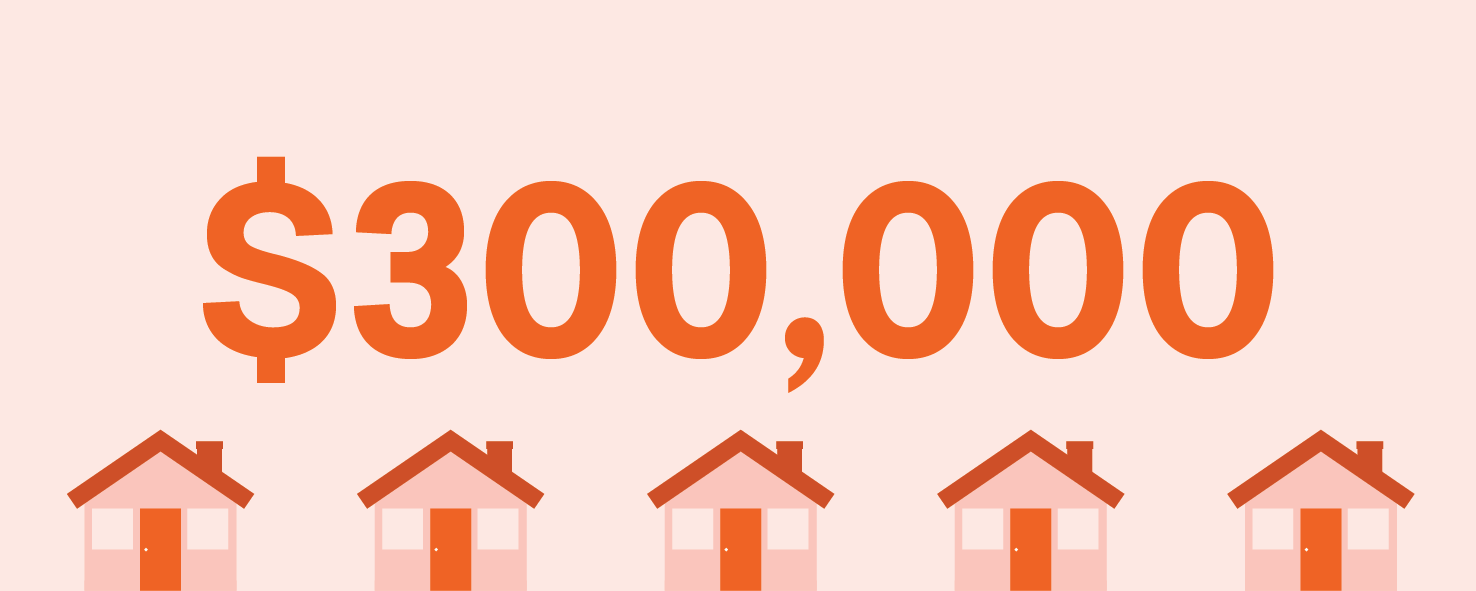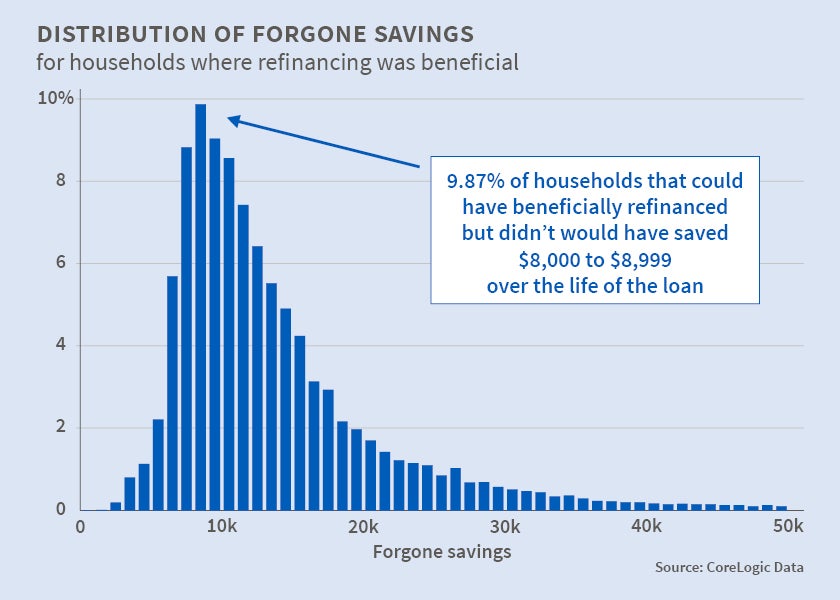If there is no equity in the home, then I would assume she would enable them to take the house if you or any other successors do not wish to keep the home at a benefit of. They would organize to take the house either by Deed in Lieu or through foreclosure but Deed in Lieu is better for the lending institution as well.
We have seen debtors who borrowed more in 2005 2007 than their houses are still worth today. That does not make the loan a bad loan those borrowers received more money than their house is presently worth and were permitted to reside in their homes for 7 9 years without needing to make a single payment and now that the loan is higher than the current value of the home, they are not required to pay one cent over the current value towards the payoff of the loan.
Much of them paid interest on loans that were well above the present worth of the homes when the values dropped and some paid till they could not pay any longer and then they had http://sethesrm553.lucialpiazzale.com/the-only-guide-to-how-do-jumbo-mortgages-work no home to live in any longer and no cash to start over. Your mommy was ensured a house to live in for as long as she wanted/could and didn't need to pay any monthly payments for the whole time she lived there (simply her taxes and insurance) (percentage of applicants who are denied mortgages by income level and race).
Your mom has made no payments on her loan for the last 9 years. Please forgive me; I am not insensitive to your mommy's scenario (when does bay county property appraiser mortgages). It simply was not the reverse home mortgage's fault that the whole economy fell apart and that property values plummeted. I think I just look at it a different way, thank goodness mommy had a reverse mortgage and not a forward home mortgage that may have required her to lose the house previously without the protections that she has actually had.
She can vacate at her leisure (another advantage of the reverse home mortgage) and then when she is out and you have actually moved all of her belongings if none of the other family members desire the house, merely call the servicer and tell them what are timeshare maintenance fees she is out. They will transfer to take the residential or commercial property back and you won't even require the assistance of an attorney. after my second mortgages 6 month grace period then what.
In What Instances Is There A Million Dollar Deduction Oon Reverse Mortgages - Truths
A "non-borrower" is an individual who resides in the home however whose name is not on the loan files. Normally, the non-borrower need to move when the customer dies unless HUD guidelines certify them to stay. A "co-borrower" is a person whose name is on the loan files along with the homeowner (applicant).
The sharp decline in the real estate market has affected millions of Americans, and senior citizens are among the groups most affected. This is especially true of senior citizens who have so-called "reverse mortgages." This kind of home loan can potentially be a great way for people over the age of 62 to get money out of their homes.
Reverse home loans are not brand-new. However older homeowners are significantly turning to them to improve their scenarios later in life, specifically throughout a down economy. These types of home mortgages, likewise called Home Equity Conversion Mortgages (HECMs), enable individuals to withdraw a few of their house's equity and receive it as a swelling sum, in monthly payments, as a credit line or a mix of these alternatives.
House owners qualified for reverse home loans should be at least 62 years old and have to own the home or have a very little exceptional home loan. The residential or commercial property ought to be their principal home and property owners should be without any defaults on federal financial obligations. House owners should likewise attend an educational session about reverse home mortgages before filing any HECM loan applications.
Due to the fact that of a rash of loan provider foreclosures on primarily senior property owners holding reverse home mortgages, the AARP Foundation sued the Department of Real Estate and Urban Advancement (HUD), challenging a rule that had the result of contributing to foreclosures. The guideline required a successor to pay the complete mortgage balance to stay in the house after the customer's death, even if the amount was more than the marketplace value of the home.
The smart Trick of What Are The Main Types Of Mortgages That Nobody is Talking About
Reverse home loans can be costly and confusing for senior house owners, as they stand out from traditional home loans. Likewise, a reverse home mortgage can in some cases diminish all of the equity in Informative post the homes if the property owners extend the reverse mortgage over too long of a duration. This typically arises where the house owner takes a reverse mortgage on an assumption of life span, however survives well past the anticipated mortality date.
This has been specifically real for recently widowed property owners, and some heirs of borrowers, since of loan provider compliance with an unknown HUD guideline that was instituted in 2008. Prior to the rule modification in 2008, HUD had actually followed a policy that debtors and their beneficiaries would not owe more than a home's worth at the time of repayment.
The 2008 guideline specified that making it through partners, in order to keep their homes, needed to pay off the reverse mortgage balance quickly after the deaths of their spouses. This held true no matter whether or not the making it through spouse's name was on the loan, and despite the house's then-current value.
That circumstance, and the associated HUD guideline, is what prompted AARP to sue HUD. AARP officially challenged HUD's action in changing this rule, arguing that it was done arbitrarily by letter, rather than through the required administrative treatment. The suit further alleged that HUD's guideline change broke securities formerly allowed for widowed spouses to prevent foreclosure.
AARP hoped this would avoid more unlawful foreclosures from reverse home mortgages due at the time of a debtor's death. In April 2011, HUD rescinded the 2008 guideline that needed enduring spouses not named on the home's title to pay the full loan amount to keep their homes. The ramifications of this modification are not yet completely clear.
4 Simple Techniques For What Are Brea Loans In Mortgages

However it is essential to talk with a skilled genuine estate attorney to understand where you stand. Reverse mortgages ought to offer older property owners more financial liberty, but when they fail this purpose, they can sadly leave senior people both homeless and defenseless. Elderly Twin Cities property owners considering entering into a reverse home mortgage arrangement should seek advice from experienced Minnesota realty lawyers like Burns & Hansen, P.A. what lenders give mortgages after bankruptcy.
In addition, if you currently have a reverse home loan on your home, you should discuss your scenario with a lawyer experienced in these kinds of mortgages to make certain you and your spouse are safeguarded if one you passes away or if your house loses equity due to the fact that of the recession of the genuine estate market.
A reverse mortgage is a method for homeowners ages 62 and older to leverage the equity in their house. With a reverse mortgage, a homeowner who owns their house outright or at least has substantial equity to draw from can withdraw a part of their equity without having to repay it up until they leave the home.
